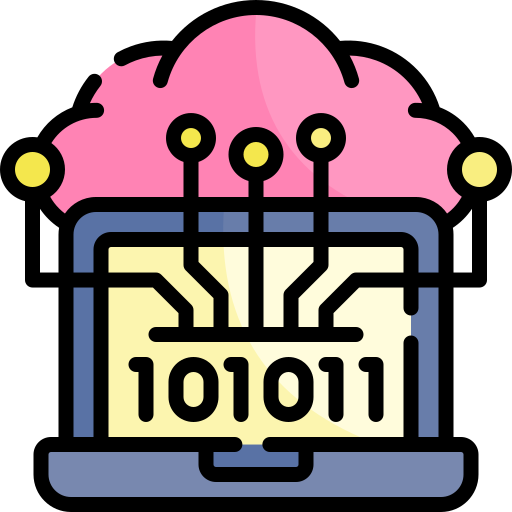In Development the age of smartphones, cellular programs have turn out to be an imperative part of our every day lives. From social networking and leisure to e-trade and productiveness equipment, cell apps form how we engage with era. This article explores the necessities of cellular app development, breaking down the processes, equipment, and trends riding this dynamic enterprise.
What is Mobile App Development?
Mobile app development refers to the technique of creating software applications designed to run on cell gadgets, which includes smartphones and pills. These apps may be pre-set up on gadgets or downloaded from app stores like Google Play and Apple App Store.
Key Phases in Mobile App Development
- Ideation and Research
Identify the problem your app will remedy.
Define the target market and marketplace demand.
Conduct competitor analysis to recognize the landscape. - Design
Wireframes: Sketching the app’s layout and functionality.
UI/UX Design: Focus on developing an intuitive and visually attractive interface.
Tools: Figma, Adobe XD, and Sketch. - Development
Choosing a platform: Native (Android/iOS) or Cross-Platform (Flutter, React Native).
Writing the code the usage of programming languages like Java, Swift, Kotlin, or Dart. - Testing
Types of trying out: Functional, Usability, Performance, and Security trying out.
Tools: Selenium, Appium, and TestFairy. - Deployment
Publishing the app on structures just like the Google Play Store or Apple App Store.
Post-launch, music person feedback for future updates.
Popular Tools and Frameworks
Tool/FrameworkDescriptionBest ForFlutterGoogle’s open-source UI toolkitCross-platform appsReact NativeFacebook-backed frameworkHigh-performance appsAndroid StudioIDE for Android Native Android appsXcodeApple’s improvement environmentNative iOS appsUnityGame engineMobile gaming appsBenefits of Mobile App Development
Enhanced Accessibility: Apps make offerings to be had 24/7 at customers’ fingertips.
Brand Visibility: Boosts logo popularity and engagement via ordinary interactions.
Scalability: Apps can develop with the business, including new functions and functionalities as wished.
Monetization Opportunities: Apps enable sales era thru in-app purchases, ads, or subscription models.
Trends Shaping Mobile App Development in 2024
Artificial Intelligence (AI) Integration: AI-powered chatbots, predictive analytics, and voice assistants.
5G Technology: Enhanced app performance with ultra-low latency and high-pace connectivity.
Internet of Things (IoT): Apps connecting smart devices for a seamless revel in.
AR/VR Applications: Transforming e-commerce, gaming, and training sectors.
Challenges in Mobile App
Platform Fragmentation: Ensuring compatibility throughout devices and running structures.
Data Security: Protecting consumer information from breaches and unauthorized get entry to.
App Store Guidelines: Adhering to strict policies for app approvals.
Conclusion
Mobile app development is greater than just coding; it’s about bringing ideas to life in approaches that beautify consumer enjoy and power commercial enterprise growth. Whether you’re a business aiming to attain a much wider audience or a developer exploring new technologies, the journey of creating cellular apps is both hard and rewarding.
As the enterprise evolves, staying up to date with the present day equipment, developments, and user needs will ensure achievement in this ever-aggressive domain. Ready to create your app? The possibilities are limitless!










